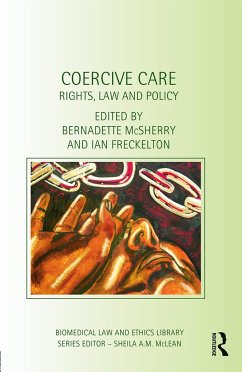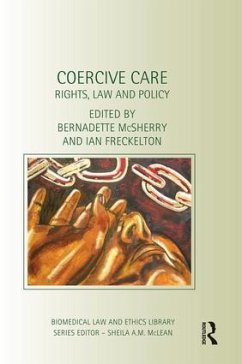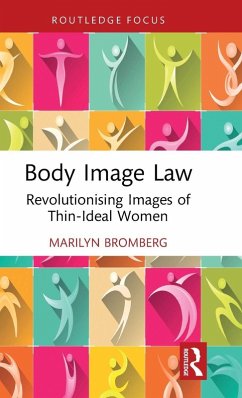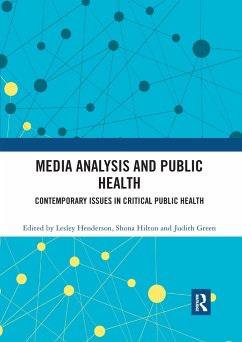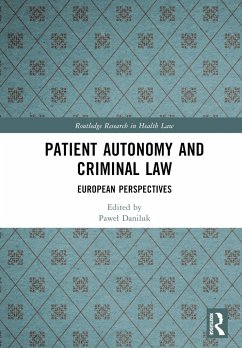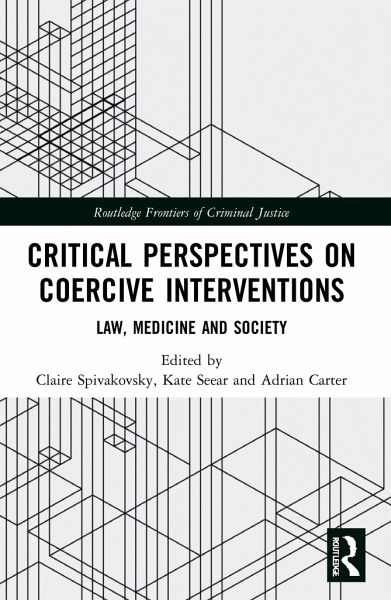
Critical Perspectives on Coercive Interventions
Law, Medicine and Society
Herausgeber: Spivakovsky, Claire; Carter, Adrian; Seear, Kate

PAYBACK Punkte
28 °P sammeln!
Bringing together contributions from criminology, law, psychology and public health, this book questions the logics, and presumed benefits of coercive medico-legal interventions in relation to people with disability, mental illness, and addictions.





